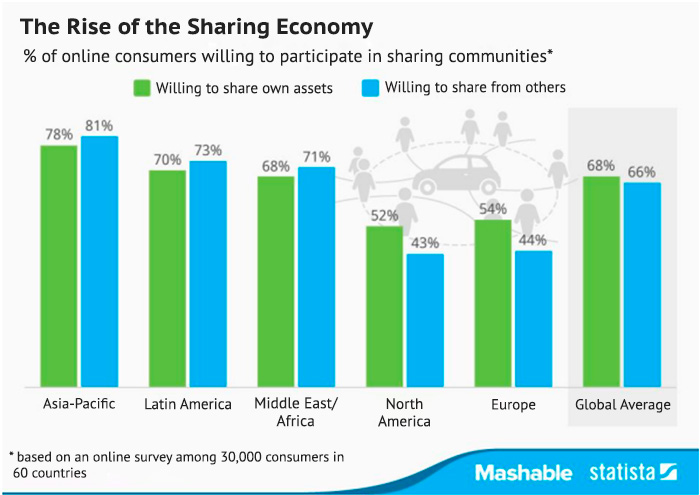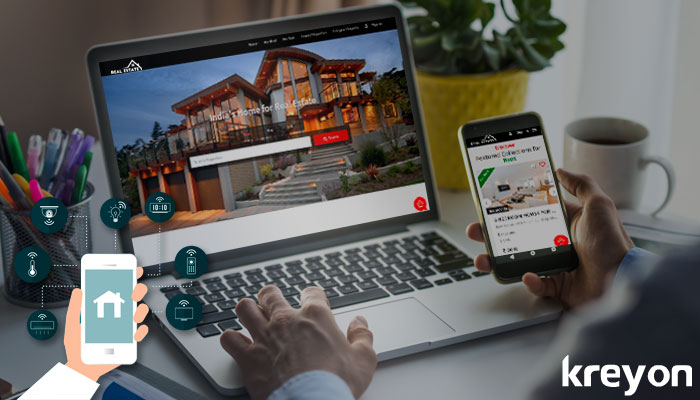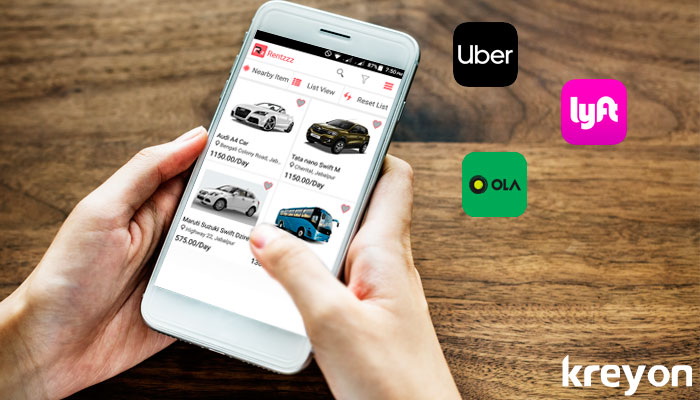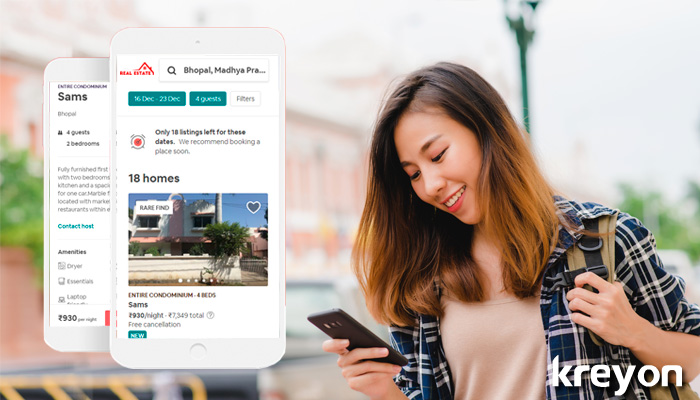Why Shared Economy Platforms will drive the Future

The shared economy platforms and portals are changing the world. They are driving the future & how people consume products and services in their day to day lives.
The advent, growth and success of shared economy platforms for car, room sharing, personal services etc has spurred many innovations and experiments.
Some of the most prominent shared economy platforms are Airbnb, which lets you rent a spare room and earn money from it. The ridesharing apps like Uber, which means you don’t have to bother driving, parking & even buying a new car. Retailers like Alibaba, which provide a complete ecosystem for vendors and customers.
The shared economy platforms are used for renting or selling products and services. The digital platform connects the service providers and users in realtime. The smart phones have accelerated the shared economy.
The shared economy platforms provide a platform to connect the products/services with the users who need it. As per PWC, the global revenue of shared economy platforms will grow from $15 billion in 2018 to $335 billion in 2015.

There are a number of startups that are seizing the opportunities in the sharing economy, 17 of which are worth more than a billion dollars each.
In the growing sharing economy, there are many lucrative opportunities for starting and scaling businesses. Here we look at the reasons why shared economy platforms will drive the future:
1. Win-Win Opportunities

The sharing economy takes care of everyone. As a user you can benefit from conveniently finding what you’re looking for and at cheaper rates too. As a service provider you get customers without the additional marketing and advertising costs.
The shared economy platform provides the complete ecosystem for managing booking and customers for your business. The on demand economy connects users and service providers, promotes collaboration and creates a win-win situation for everyone.
2. New Business Model
Many traditional businesses are leveraging the shared economy platforms for running their traditional businesses. Car owners, fleet operators and service providers are looking at online platforms for getting business.
Many industries are getting disrupted with the shared economy platform. The finance industry is shifting towards modern peer to peer lending platforms for loans, the hotel rooms are now booked online and at discounted rates with platforms like booking.com
The shared economy platforms are creating an inclusive economy and even the traditional businesses are benefiting from it.
3. Earn & Save Money.

The shared economy platforms are aimed at minimising the transactional costs. For e.g. when you book a room through Airbnb, it is far cheaper than booking a hotel. Even the ridesharing apps like Uber, Ola, Lyft save you money. As a user it is easier to save money using sharing platforms.
As a service provider, you can earn more money and volume of customers using the shared economy platforms. For e.g. an online rental platform allows people to rent things, services and earn money.
Whether it is renting cars, spare items or even selling goods through online portals, the logistics and transactional costs are highly subsidised. The end result is service providers earn more money using the online platforms.
4. Promotes Barter Economy & Reduces Wastage.
Shared economy platforms can play a pivotal role in economic growth and environment sustainability. With ridesharing platforms, the transportation is changing rapidly. You don’t need to worry about car insurance, buying new cars and parking issues. The car pooling also reduces the carbon footprint on the environment.
The sharing economy promotes efficient and sustainable use of resources. It improves accessibility for customers, reach for businesses & shared prosperity for all.
5. Scale & Reach

Disruptive technologies are changing the face of the world. Take for e.g. the peer to peer accommodation platforms are shaking the hotel industry. People are now using room sharing platforms as their first preference for travelling and booking rooms.
The scale and reach that digital platforms offer for service providers and businesses is massive. For e.g. Airbnb in 2018 has over four million listings in 65,000 cities across 191 countries. Uber operates in over 65 countries and has completes 15 million trips every day.
The digital platforms are changing the way people travel. World Bank reports, there were 1.2 billion international travellers in 2017, and it is estimated that there will be 1.8 billion travellers by 2030. The digital tools and shared economy tools provide the scale and reach to connect with customers across the globe.
Conclusion
It’s quite apparent that the sharing economy and digital platforms will pave the future. The growing shared economy and its huge success indicates a more inclusive and collaborative world. Whether you want to book a taxi, hotel room, order food from your favorite restaurant, or find services near you, you can opt to do it online. The sharing economy is here to stay.
If you want to implement your shared economy platform, please get in touch with us & we can help you to implement your next big idea.
